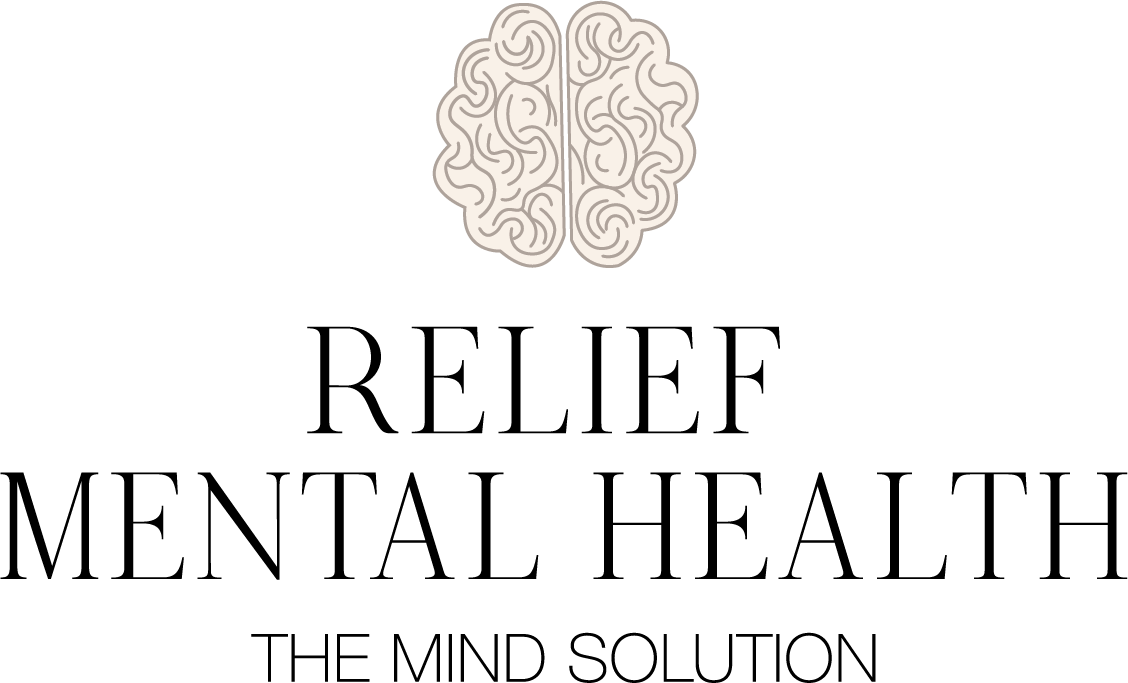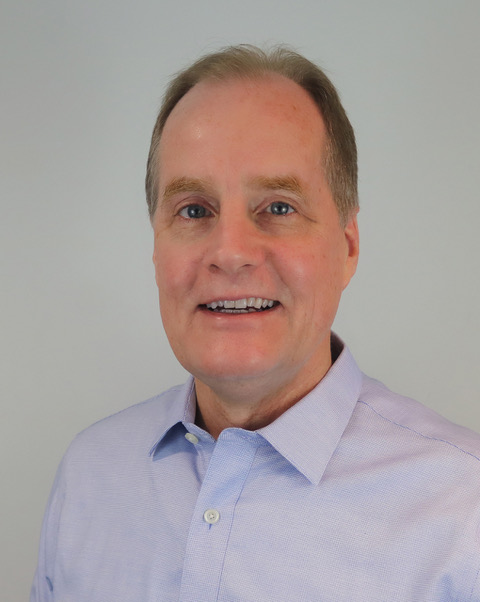7:30 am
| Attendee Check-In Opens |
8:30 am |
Welcome / Introduction to Keynote Speaker
Doug LaBelle LCPC, CEAP, NIEAPA President |
8:45 am - 10:00 am | Morning Keynote: This lecture summarizes the current state of addiction neuroscience and how its findings validate the lived experiences of people with addiction. The lecture then addresses valid criticisms of the brain disease model of addiction that it does not adequately address the social and ecological factors that are crucial to any complete understanding of addiction and recovery. By going beyond the brain to explore the role of the body and environmental affordances in choice-making and addiction, this lecture will describe an enactivist approach known as "4E cognition." Focusing on recent developments in psychoneuroimmunology, computational psychiatry, and embodied consciousness, this "4E" approach answers many of the criticisms of the brain disease model of addiction. |
| Kevin T. McCauley, MD, MPH |
10:00 am - 10:30 am | Break / Networking |
10:30 am - 12:00 pm | BREAKOUT SESSION 1, 2, 3 |
Session 1: The number of people worldwide suffering from addictions, anxiety, depression, or long-COVID symptoms keeps on increasing at an alarming rate. Transcranial Magnetic Stimulation (TMS) is a very well-established technology that is receiving increasing attention, as it has shown very promising therapeutic potential for several neuropsychiatric conditions, including depression, anxiety, long-COVID symptoms and substance use disorders. The main goal of this plenary lecture is to emphasize the latest findings on how TMS can significantly improve quality of life as well as work life, by alleviating symptoms of burn out, anxiety, depression, addictions as well as cognitive deficits. |
| Antonello Bonci, MD |
Session 2:
Learn what peer support is and is not and how it can have relevance for your workplace or industry. When you provide specially trained members of your workgroup with the knowledge, skill and confidence to help troubled coworkers, they become a workforce wellness multiplier. Peer support, with its origins in communal healing and protection, is possibly the most direct, economical, and often immediately available means to support coworkers in mental and emotional distress. High-functioning peer support teams who understand the limits of their role can be a powerful form of early intervention and act as a trusted link to available resources.
|
| Brian Casey |
Session 3: This workshop will provide a basic overview of gambling disorder signs and symptoms, risk factors, impact on individuals, families, businesses and communities. It will also illuminate issues that are correlated and co-occur with the disorder. |
| Elizabeth Thielen, LPC, PCGC |
12:00 pm - 12:45 pm | Lunch / Networking |
12:45 pm - 1:30 pm | Awards and Recovery Speaker |
1:30 pm - 2:00 pm | Break / Networking |
2:00 pm - 3:30 pm | BREAKOUT SESSION 4, 5, 6 |
Session 4: Understanding the impact of social context on minority populations and increasing awareness of historical context and how these populations present during assessment and treatment. |
| Crystal Joseph Stark, MA, LPC, NCC, CPG |
Session 5: This presentation/program, called HEArt (Hidden Emotion Identification and Articulation) was first developed as part of treatment in a VA program for combat related PTSD. Like many innovations developed for military related uses, it has considerable value in a more general context. HEArt was refined over 20 years with the goal of teaching clients to prevent, rather than just manage, destructive anger, or as these clients considered it, rage. It incorporates the best of standard anger management methods, but differs in that the emphasis is on how preparing for likely anger provoking situations, by acknowledging the painful emotions anger blocks, can lead to less anger in need of managing. The presentation offers the principles of the program and becomes interactive as participants bring up examples of regretted anger. Through these examples they are shown how anger might be prevented in the future. Ambivalence about change is addressed by inviting objections to the ideas presented. The responses to these objections usually leads to deeper engagement and increased probability of change. Of course, standard anger management skills are taught to help with times in which the anger does arise. |
| Howard Lipke, PhD, Licensed Clinical Psychologist, IL |
Session 6: This workshop will explore how people with addiction disorders (PWAD) suffer either prior to or on account of their addiction. This workshop focuses on the various elements of compassion, happiness and spirituality. It is helpful for those especially who struggle with traditional spirituality and 12-step concepts. |
| Michael Goldman, MA, LPC, CEAP, CRADC, PCGC, SAP |
3:30 pm - 4:00 pm | Break / Networking |
4:00 pm - 5:15 pm | Afternoon Keynote: A workplace where employees treat one another with civility and respect is far more likely to function at optimum levels of productivity. Unfortunately, the rise of disrespectful behaviors in business seems to be at epidemic levels, and the result is a steady erosion in morale and productivity. This seminar provides strategies for others to recognize and handle offensive, disrespectful and inappropriate behaviors. It also explores how to improve productivity by modeling better behavior and fostering a culture of civility and mutual respect. |
| Cheryl Bristor-Wilson, LCSW, CADC, CEAP |
5:15 pm - 6:00 pm | After-Conference Networking Social
|















